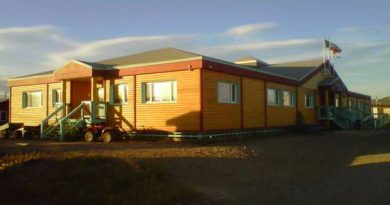Glacier-fed rivers in Arctic Canada sucking carbon dioxide out of the air: study
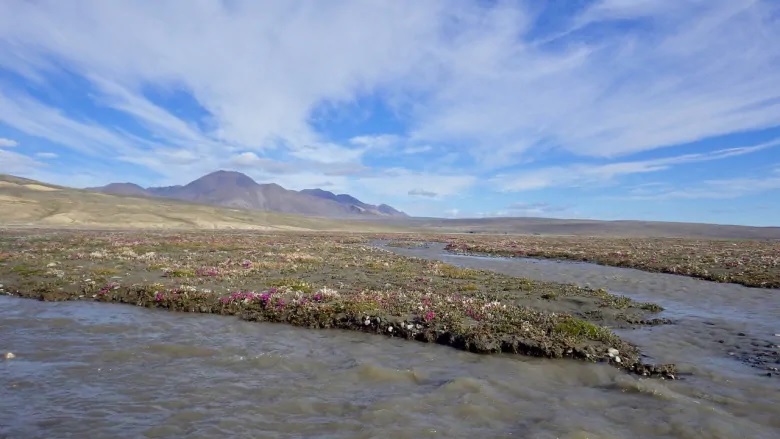
New research suggests glacier-fed rivers in Canada’s North are sucking up and storing a lot of carbon dioxide from the air.
Biologists from the University of Alberta made the discovery after studying the Lake Hazen watershed in Quttinirpaaq National Park on Ellesmere Island in Nunavut. They detailed their findings in a study published in Proceedings of the National Academy of Sciences.
The study says rivers containing almost purely glacial meltwater, along with lakes downstream, are important sinks of atmospheric carbon.
“We were initially quite surprised because everything that we know from more temperate rivers is that they’re almost overwhelmingly sources of carbon dioxide to the atmosphere, and what we were observing [in Nunavut] was the complete opposite,” said study author Kyra St. Pierre.
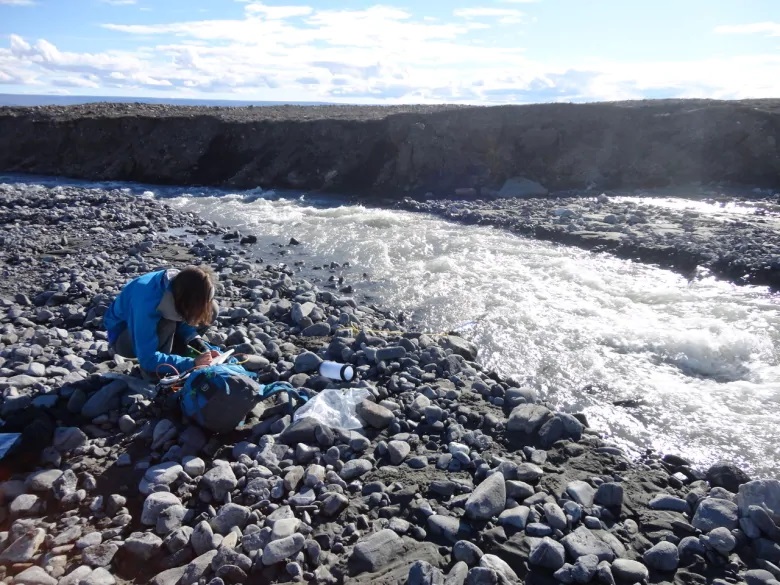
The more meltwater in the rivers, she added, the more carbon dioxide they consume.
During high melt years, like this year, researchers saw rates of carbon dioxide consumption per square metre four times what the Amazon rainforest consumes. While in years where there was little meltwater, consumption was about half that of the Amazon.
St. Pierre explained glacier-fed rivers consume carbon dioxide through a process called chemical weathering. This is a chemical reaction that occurs when sediment, rocks and soil come into contact with water and gases like carbon dioxide.
Glacier-fed rivers differ from other rivers, St. Pierre said, as they have fewer animals, plants, algae and bacteria. This results in less photosynthesis and respiration. There is also more finely ground sediment in glacial environments.
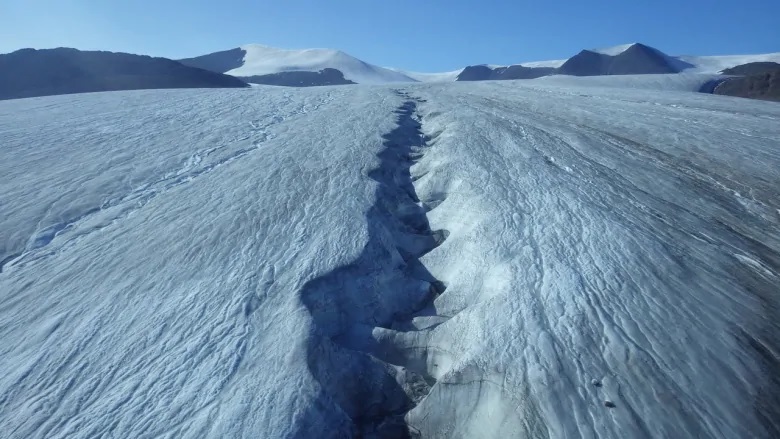
While these rivers help reduce the amount of the greenhouse gases in the atmosphere, St.Pierre noted melting glaciers come at a cost.
She pointed to the Slims River in Yukon as an example. It had been the main source of water into Kluane Lake for centuries, until it disappeared due to a retreating glacier.
“I think it’s really important to highlight that this is fundamentally a short-term sink,” she said. “So if we don’t do anything to … curb climate warming, we’re potentially losing these glaciers without knowing the value that we really have within them.”
She added that many water sources in Western and Northern Canada originate from glaciers.
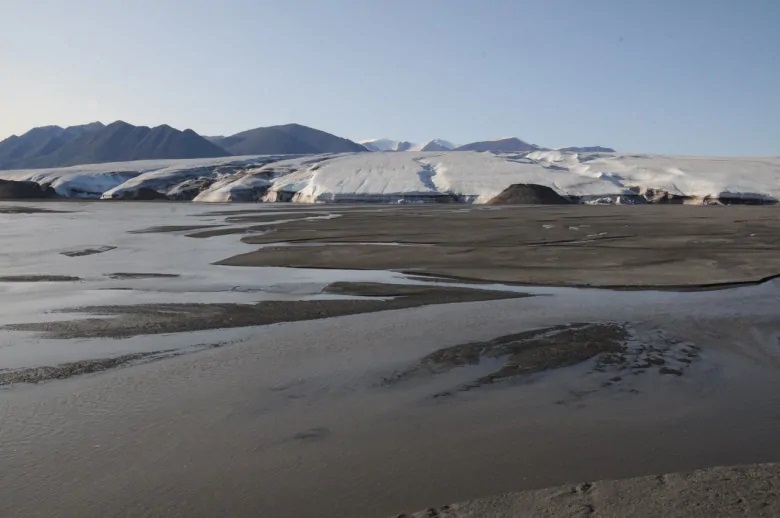
“As the climate continues to warm, we’re potentially losing some important aspect of our water quality and our quality of life further downstream.”
Researchers are now conducting similar studies in the Canadian Rockies, where there is a longer melt season. St. Pierre said they are looking to see if the same chemical processes occur in glacier-fed waters further south.
Related stories from around the North:
Canada: Expedition seeks to better understand underwater sea life in Inuit region of Atlantic Canada, Eye on the Arctic
Finland: Climate change spurs growth of exotic fruit in Finland, Yle News
Greenland: Greenland ice cores reveal historic climate clues, says study, Eye on the Arctic
Norway: New climate report predicts extreme warming for Arctic Svalbard by 2100, The Independent Barents Observer
Russia: Retreating ice reveals new land in Arctic Russia, The Independent Barents Observer
United States: Heat stress that caused Alaska salmon deaths a sign of things to come, scientist warns, CBC News


